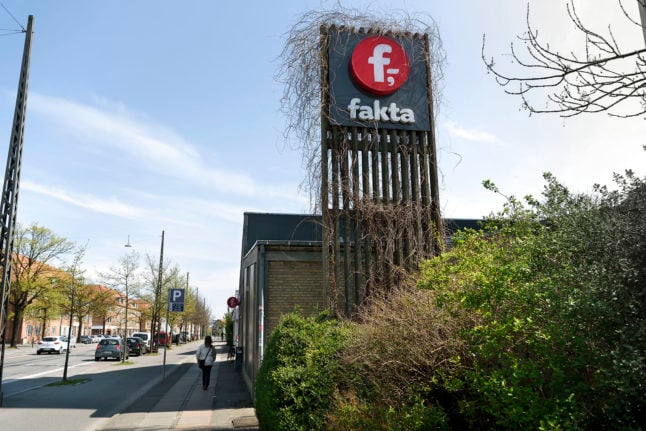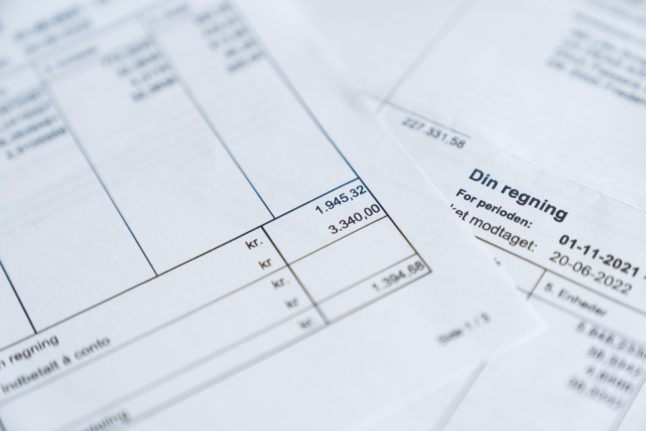All Fakta stores are to close by the end of the year as parent company Coop switches focus to the new Coop 365discount brand, Coop’s CEO Kræn Østergaard Nielsen said according to industry media FødevareWatch.
Many former Faktas will be converted into new locations for new Coop365 discount stores, while some stores will close altogether.
Additionally, two of Coop’s other chains — SuperBrugsen and Kvickly — will merge behind the scenes and share a chain director, according to the FødevareWatch report.
The merger between the two chains will initially not be customer-facing.
“So we are not going out and taking signs down next week, but we will run it as hard as we can as a single chain – for example with the same product range and sales advisors going around to stores,” Nielsen said.
Fakta stores slated for closure are considered to be too small to contain the product range offered by the new chain.
The changes on the way at Coop-owned stores are necessary in light of the current situation facing the groceries sector, Nielsen said.
“We believe that a crisis makes lots of problems but also lots of opportunities. And we will emerge stronger from this energy and inflation crisis,” he told FødevareWatch.
The CEO also said that the company aims to reduce staff numbers in the long term, but that employees would not be laid off as part of the upcoming changes.



 Please whitelist us to continue reading.
Please whitelist us to continue reading.
Member comments